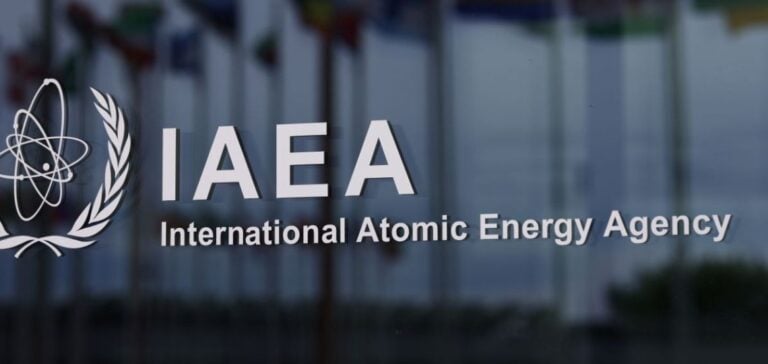The former French nuclear giant Areva has agreed to pay a €4.8 million fine to settle charges of bribing foreign public officials in connection with its mining activities in Mongolia between 2013 and 2017. This fine was formalized in a Judicial Public Interest Agreement (CJIP), validated by the Paris court.
The program, signed in collaboration with the National Financial Prosecutor’s Office (PNF), does not constitute an admission of guilt. The presiding judge, Stéphane Noël, emphasized that the measure is intended to allow Areva to “address past actions” while taking responsibility for its prior activities.
A strengthened compliance framework
As part of this case, Orano Mining, the company that acquired Areva’s mining operations in 2018, will finance a compliance program costing up to €1.5 million over three years under the supervision of the French Anti-Corruption Agency (AFA). Orano stated in a release that these commitments are aimed at “reinforcing its compliance system already implemented since its creation.”
Investigations and findings
The investigation by the Central Office for the Fight Against Corruption (Oclciff), launched in 2015 following a report from Tracfin, uncovered questionable payments amounting to €1.275 million made through Eurotradia International, an intermediary company. These funds were transferred to a Mongolian businessman as part of negotiations to secure mining licenses.
However, the investigations revealed that this intermediary had not directly participated in the licensing process. Part of the funds was used to finance a real estate project linked to a high-ranking Mongolian official involved in the negotiations. Another official received $251,600, raising suspicions of corruption.
Key factors in determining the fine
The fine calculation was based on several criteria, including Areva’s size at the time of the events and the involvement of high-level public officials. Deputy Prosecutor Céline Guillet highlighted that despite the costs associated with these practices, the economic profitability of the Mongolian projects proved nonexistent.
The corrective measures undertaken by the nuclear group and the absence of repeated offenses were considered mitigating factors. The fate of the individuals involved and of Eurotradia will be addressed separately in the coming weeks.






















